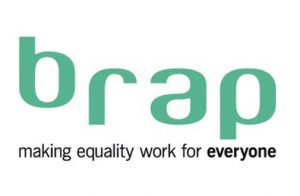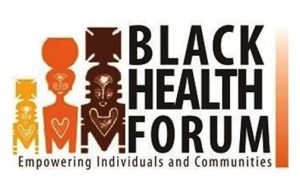Racial inequality remains a significant issue in the UK, affecting the everyday lives of millions. The Race Equality Network (REN), a charity based in Bradford, has long been at the forefront of combating racial discrimination and advocating for equitable treatment for all communities. Their recent submission to the Committee on the Elimination of Racial Discrimination (CERD), in preparation for its 113th session, sheds critical light on the systemic challenges faced by ethnic minorities in the UK.
A Spotlight on Systemic Discrimination
REN’s submission paints a sobering picture of how racial inequality continues to manifest across multiple sectors, including healthcare, education, housing, and civil liberties. Despite the UK’s commitments to international conventions, such as the International Convention on the Elimination of All Forms of Racial Discrimination (ICERD), REN highlights that structural racism is still deeply embedded in national policies and practices.
Tackling Health Inequalities
A significant portion of REN’s report focuses on health inequalities. Ethnic minority communities, referred to as “Global Majority communities” by REN, face disproportionately poor health outcomes when compared to their white counterparts. The COVID-19 pandemic amplified these inequalities, with higher rates of infection, hospitalisation, and death among ethnic minorities.
Beyond the pandemic, maternal health disparities, particularly for Black and Asian women, are alarming. REN calls for culturally sensitive care and robust government action to reduce the higher maternal mortality rates among these women. These health inequalities are not isolated incidents but part of a wider issue of systemic neglect.
The Impact of Civil Liberties and Immigration Policies
REN also addresses the detrimental effects of government policies, such as the Prevent strategy, which has disproportionately targeted Muslim communities. The submission emphasises how such policies foster an environment of mistrust, further marginalising already vulnerable communities.
Additionally, recent immigration laws, including the Illegal Migration Act (2023) and the Safety of Rwanda Act (2024), criminalise those seeking asylum and disproportionately harm ethnic minority refugees. REN’s submission calls for urgent reform to ensure that refugees, migrants, and asylum seekers are treated with the dignity and respect they deserve, highlighting cases of children going hungry and families living in precarious conditions due to government policy failures.
A Call to Action
REN’s report to CERD is not merely a catalogue of grievances; it is a call to action. The submission includes detailed recommendations aimed at addressing these systemic inequalities. These range from investing in culturally competent healthcare services, reforming discriminatory immigration laws, and scrapping the controversial Prevent strategy, to ensuring that public bodies in the UK mainstream race equality in all aspects of policy and practice.
The Importance of Collaborative Solutions
REN’s work underscores the importance of collective action. They are not only advocating for change at a governmental level but are also working with local authorities, health services, and voluntary organisations to ensure that policies reflect the needs of Global Majority communities.
The submission to CERD is a prime example of how REN engages with international institutions to hold the UK government accountable for its human rights obligations. By highlighting the ongoing breaches of ICERD articles, REN makes it clear that there is still much work to be done to eliminate racial inequality in the UK.
Conclusion
As the UK faces increasing scrutiny over its treatment of ethnic minorities, REN’s submission to CERD serves as both a wake-up call and a roadmap for achieving a more equitable society. It is a reminder that systemic racism is not just an issue of the past but one that continues to affect the lives of millions today.
For those interested in learning more or supporting the Race Equality Network’s efforts, you can download their full submission here.
Together, we can work towards a society where everyone, regardless of their race or background, has the opportunity to thrive.

















